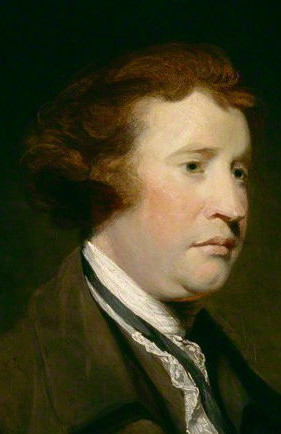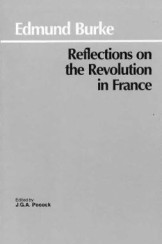“It is now sixteen or seventeen years since I saw the Queen of France … little did I dream that I should have lived to see such disasters fallen upon her in a nation of gallant men, in a nation of men of honor, and of cavaliers. I thought ten thousand swords must have leaped from their scabbards to avenge even a look that threatened her with insult. But the age of chivalry is gone. That of sophisters, economists, and calculators has succeeded; and the glory of Europe is extinguished for ever.”
Edmund Burke, Reflections on the Revolution in France


